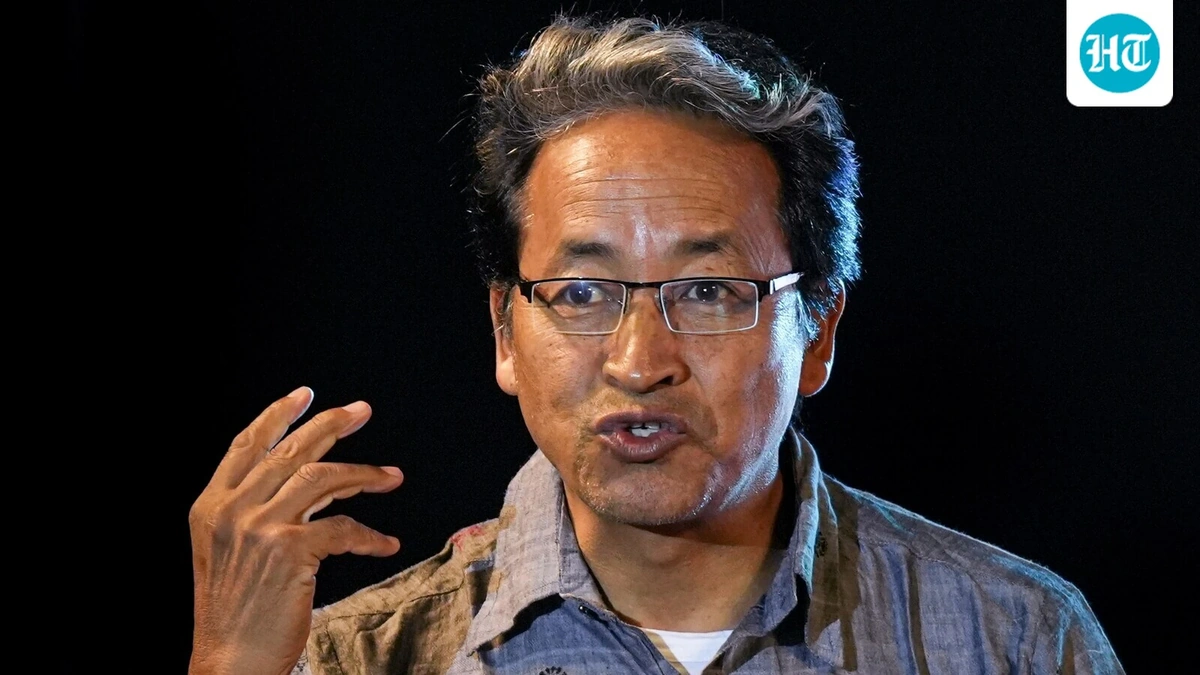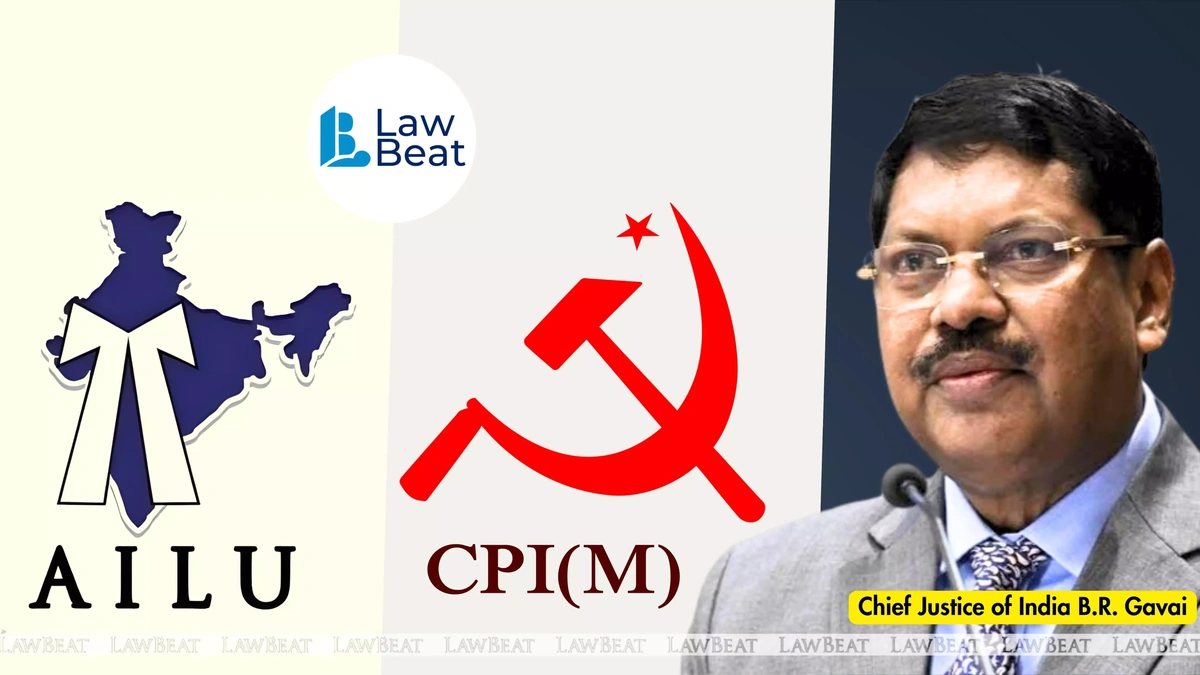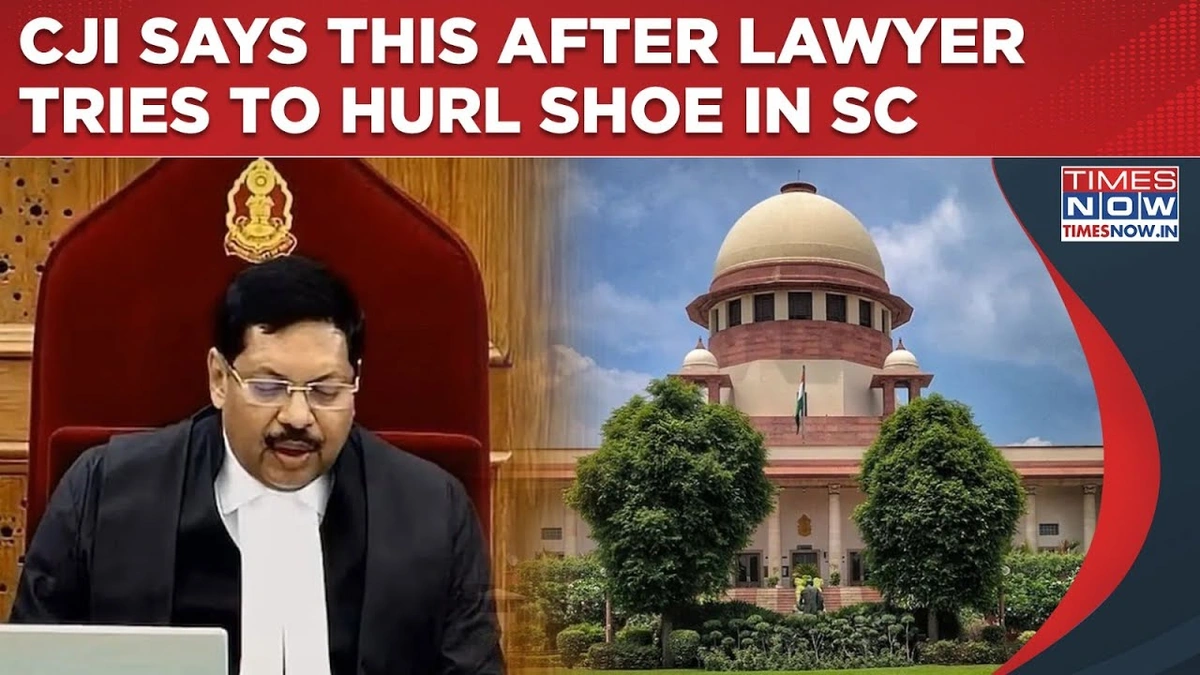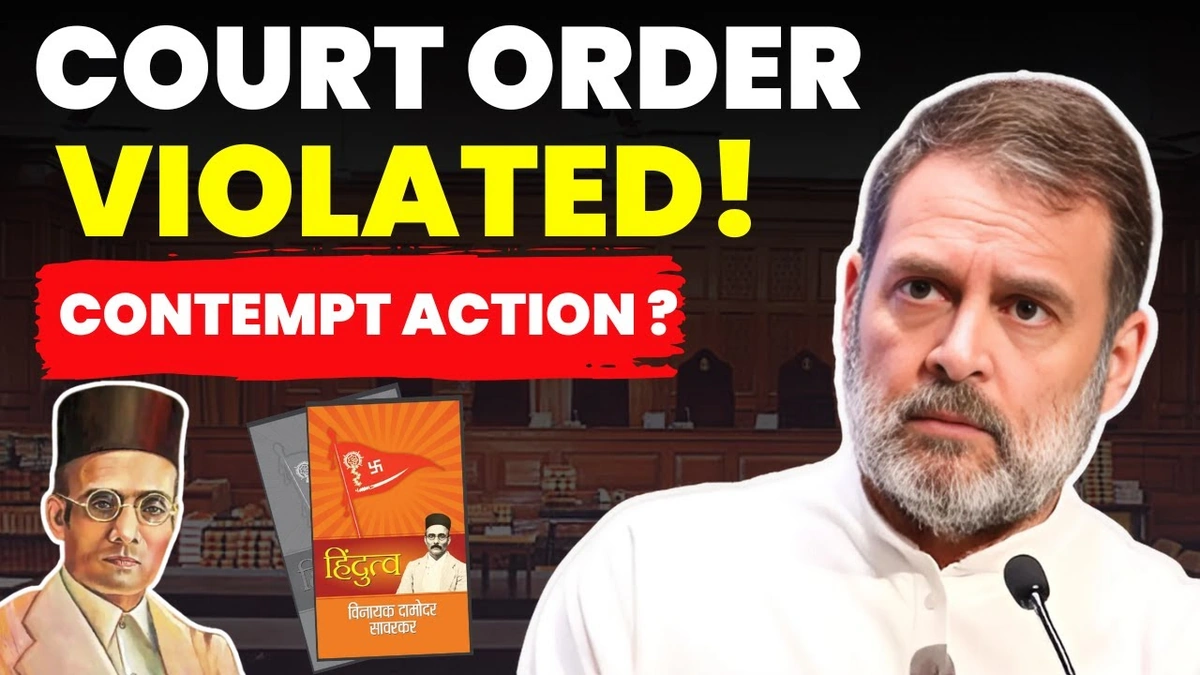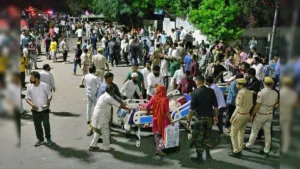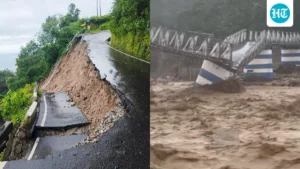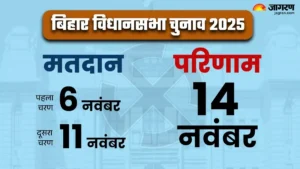Supreme Court Asks Centre, Ladakh About Sonam Wangchuk’s NSA Detention
The Supreme Court has taken up the case of Sonam Wangchuk’s detention , demanding answers from the Central government and the Ladakh administration. But here’s the thing: this isn’t just another news story. It’s a critical examination of dissent, national security, and the delicate balance in a strategically vital region. Let’s dive deeper into why this matters and what it could mean for the future.
Why Sonam Wangchuk’s Detention Matters | More Than Meets the Eye
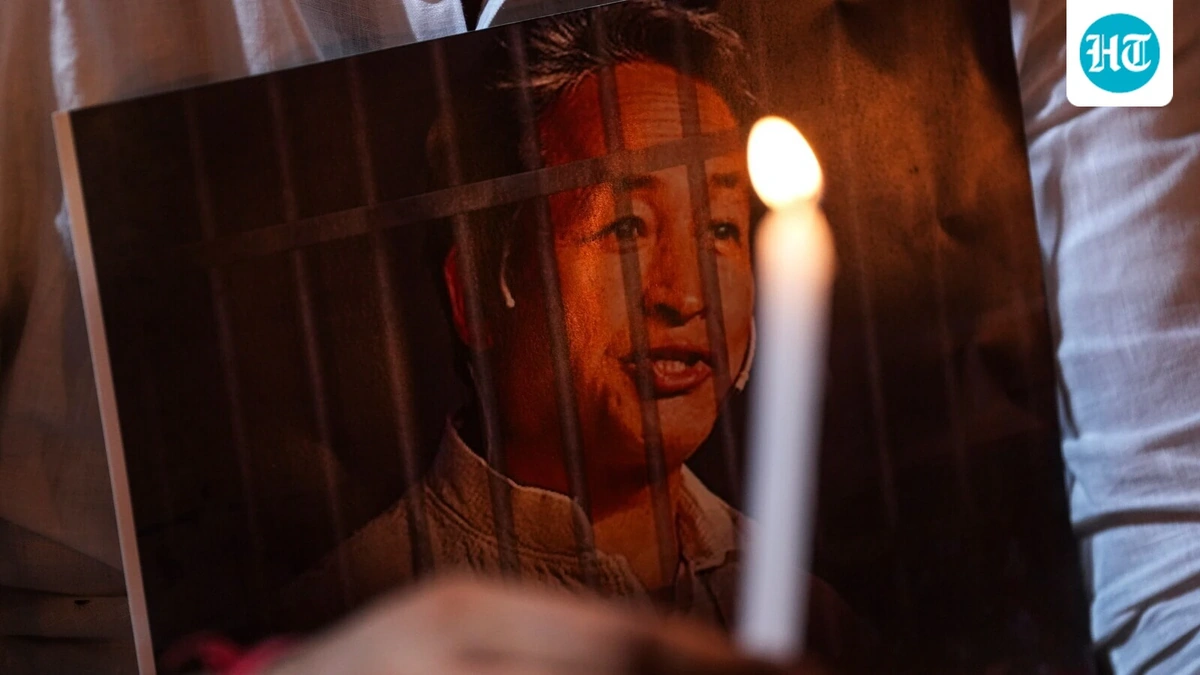
So, why is everyone so concerned? Well, Sonam Wangchuk isn’t just any ordinary citizen. He’s an education reformer, an innovator, and a vocal advocate for the environment and Ladakhi interests. Remember the movie ‘3 Idiots’? Aamir Khan’s character was partly inspired by him. But, let’s be honest, this isn’t a Bollywood movie. It’s real life, and the stakes are high. The use of the National Security Act (NSA) , a law that allows for preventive detention, raises serious questions about the limits of free speech and the government’s response to dissent. This is more than a local issue; it sets a precedent.
The fact that the Supreme Court is involved underscores the seriousness of the situation. The court’s intervention suggests there are legitimate concerns about whether due process was followed and whether Wangchuk’s detention is justified under the law. What fascinates me is how this case intertwines national security concerns with the fundamental rights of a citizen. Are these concerns valid? What does the government have to say? That is the million dollar question everyone wants answered. As per reports, Ladakh administration officials have cited potential threats to public order as a reason for the detention.
And, what about Ladakh’s political landscape ? The region has been undergoing significant changes since it was declared a Union Territory in 2019. There are concerns about environmental degradation, the protection of indigenous cultures, and the pace of development. Wangchuk has been a vocal critic of the government’s policies in these areas, and some see his detention as an attempt to silence dissenting voices.
The Supreme Court’s Role | A Guardian of Fundamental Rights
The Supreme Court’s decision to hear this case is significant. It highlights the court’s role as the ultimate protector of fundamental rights. But, how does the court navigate the complexities of national security concerns and individual liberties? Let me rephrase that for clarity: What are the legal principles at play? The court will likely examine whether the detention order was based on concrete evidence, whether it complied with the procedural safeguards under the NSA, and whether it was proportionate to the alleged threat. According to legal experts, the court will also consider the potential chilling effect of such detentions on free speech and dissent.
Preventive detention laws , like the NSA, are often criticized for being misused to stifle dissent. The government argues that such laws are necessary to maintain public order and national security, but critics contend that they can be easily abused. The Supreme Court has, in the past, emphasized the need for strict adherence to procedural safeguards when using preventive detention laws. The court’s intervention is a check on executive power and a reminder that even in matters of national security, fundamental rights must be respected.
What Happens Next? The Possible Outcomes
So, what’s next? The Supreme Court has asked the Centre and the Ladakh administration to respond to the petition challenging Wangchuk’s detention. But, here’s the thing: the court could order Wangchuk’s release if it finds that the detention was illegal or unjustified. It could also direct the government to provide more evidence to support the detention order. On the other hand, the court could uphold the detention if it’s satisfied that it was lawful and necessary.
A common mistake I see people make is underestimating the political implications of this case. The outcome could have a significant impact on the political landscape in Ladakh and on the broader debate about free speech and dissent in India. Recent events have shown how quickly things can change. What’s more, the case could influence how the government uses preventive detention laws in the future. It’s a test of the balance between security and liberty, and the result will be watched closely by civil rights activists, legal experts, and the general public.
Ladakh’s Voice | The Importance of Dissent
Sonam Wangchuk , beyond his education reforms, is a symbol of Ladakhi identity and aspirations. He’s been a strong advocate for preserving the region’s unique culture and environment. This is why his detention has sparked outrage among many Ladakhis, who see it as an attack on their voice. But, let’s be honest, dissent is essential for a healthy democracy. It allows for critical examination of government policies and ensures that diverse perspectives are heard. Silencing dissent can lead to resentment and instability, especially in a sensitive region like Ladakh.
It’s important to understand the context of Ladakh’s unique challenges. The region is strategically located, bordering both Pakistan and China, and has a fragile ecosystem. The government faces the difficult task of balancing security concerns with the need for sustainable development. What fascinates me is how the government can address the legitimate concerns of the Ladakhi people while ensuring the region’s stability and security. A common mistake many people make is assuming dissent is always disruptive, but dissent can be a catalyst for positive change and better policies. The Supreme Court case will be a major deciding factor.
According to reports from Wikipedia , the region is highly dependent on tourism and agriculture. These are greatly impacted by the changing climate and increasing militarization, so sustainable practices need to be implemented for the health and safety of the Ladakhi people. Wangchuk has been a leading advocate for this.
NSA Detention | Understanding the Law
The National Security Act (NSA) allows the government to detain individuals who are deemed a threat to national security or public order. I initially thought this was straightforward, but then I realized how broad the law is. According to the Ministry of Home Affairs, the NSA is invoked to prevent individuals from acting in any manner prejudicial to the security of the state or the maintenance of public order. The law has been used in various situations, including cases of terrorism, sedition, and even petty crimes. Critics of the NSA argue that it gives the government excessive power and that it lacks adequate safeguards to prevent abuse.
The one thing you absolutely must double-check regarding the NSA is that it allows for detention without charge for up to 12 months in certain cases. This means that individuals can be held in custody without being formally accused of a crime or given the opportunity to defend themselves in court. What’s more, the NSA has been challenged in the courts on numerous occasions, with some judges ruling that it violates fundamental rights. The Supreme Court has generally upheld the validity of the NSA, but has also emphasized the need for strict compliance with its procedural safeguards.
FAQ | Sonam Wangchuk Detention Case
Frequently Asked Questions
What is the National Security Act (NSA)?
The NSA is a law that allows the government to detain individuals who are deemed a threat to national security or public order.
Why was Sonam Wangchuk detained?
The exact reasons for his detention haven’t been clearly stated, but it is speculated to be based on potential threats to public order.
What is the Supreme Court’s role in this case?
The Supreme Court is examining whether Wangchuk’s detention was lawful and justified, ensuring fundamental rights are protected.
What are the possible outcomes of the Supreme Court case?
The court could order Wangchuk’s release, direct the government to provide more evidence, or uphold the detention.
How has Ladakh responded to his arrest?
Wangchuk’s detention has sparked widespread concern and protests, highlighting the complexities of balancing security and liberty.
What is the effect of climate change on the region?
Climate change has significantly impacted the area by contributing to droughts and food shortages which impacts the stability of the region.
In conclusion, the Supreme Court hearing the case of Sonam Wangchuk’s NSA detention is a crucial moment for India. It is a chance for the courts to uphold civil rights and hold power to account.
